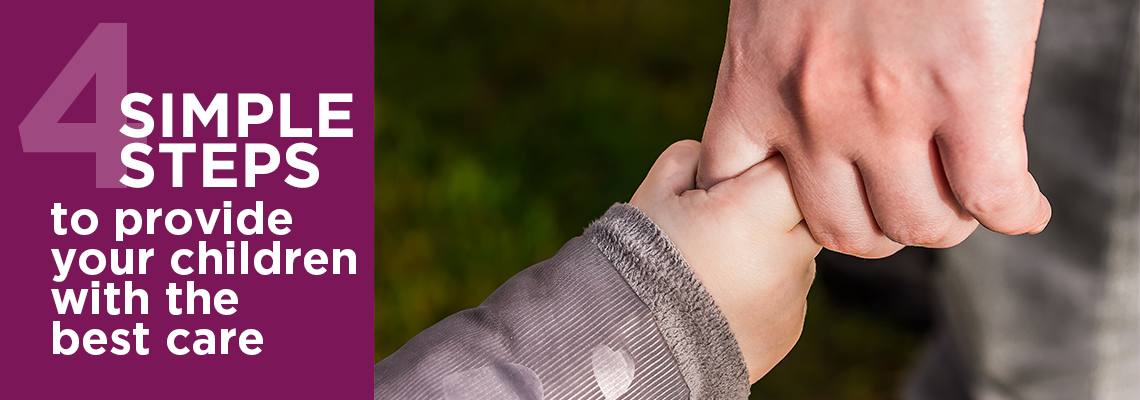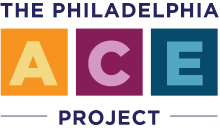
Your brain and your heart can heal from Adverse Childhood Experiences.
WHAT CAN YOU DO?
Learn about four parenting strategies to help you be a better parent. Share strategies of your own with others and use these free parenting resources to help you understand your child’s brain.
CALMING STRATEGY
Learn how to develop a calming strategy to use when things get stressful.
How does calming work? And why does it matter? In this video, watch children explain to adults about how getting mad feels to them, and what they do to calm themselves.
Want to read more about making a calming plan for yourself and with your child? Click here for more including an idea for making a card where you can write out your own plan.
DISCIPLINE PLAN
Plan in advance how you want to discipline your child. This will help you react positively even in a stressful moment.
To discipline means "to teach." How do you want to teach your child? Making a plan for daily activities, as well as for what to do when things "go wrong" can help you stay calm and think clearly in the moment. So what do you do when you forget, and don't follow your plan? Try again! Don't give up.
Click here for plans to do with younger children.
MODELING BEHAVIOR
What kind of behavior do you want to model for your kids? If you live it, they will learn it!
Our parents modeled for us, and we carry with us what they taught us. Take time to remember the good things that you learned from them. You can model these and pass them on to your children through setting an example.
Sometimes, there are examples that our own parents set for us, that might be something we want to change. This video shares one of those examples.
POSITIVE MESSAGES
What positive messages do you want to tell your children each day? Pass along the messages to other parents, too!
Here is one dad's talk with his daughter. Think of what you want to do each day, to give a positive message to your child.
Adverse Childhood Experiences (ACEs) are events like abuse, neglect, violence, loss of a parent to divorce or incarceration, and trauma that happen between birth and age 18. Even though these occurred in the past, they may still impact you and your parenting. You are not alone. More than two-thirds of adults in the United States report having an ACE. That’s over 1,030,000 people in Philadelphia! Being aware of this can help you build the best future possible for yourself and your child.
